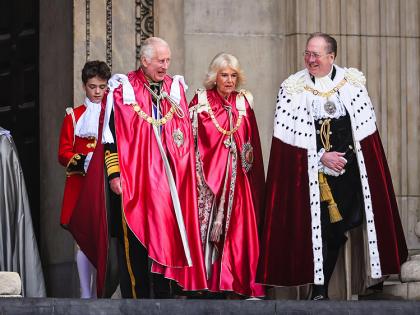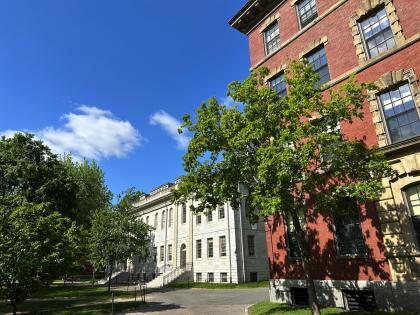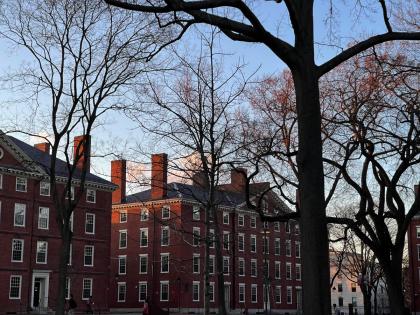When you use Facebook, Twitter, Instagram, and other social-media platforms, are you more likely to trust the friend who constantly posts job, relationship, and vacation updates, or the friend who shares little, if any, personal information? Two recent studies by Harvard Business School scholars delving into “oversharing” online show surprising differences in the cost to individuals, as compared to businesses, from keeping information offline.
In “What Hiding Reveals,” assistant professor Leslie John and her co-researchers, associate professor of business Michael Norton and doctoral student Kate Barasz, found that hiding potentially negative information may make people seem more untrustworthy than revealing it does—no matter how ugly the information. The research, John says, derived from her own curiosity about Facebook, as someone who prefers not to share much information online. She also looked at studies by Web analysts, including one by Altimeter that explored the question: Are job candidates who do not have a Facebook account hiding something?
According to John, Facebook was designed to make sharing salient. People tend to notice those who share, and neglect those who don’t, “which makes you believe that [sharing] is even more common than it is,” John says. “It made me wonder, ‘What do people think of me? Do they think that I’m explicitly hiding stuff?’”
To test this idea, she and her colleagues conducted several experiments; in one, they asked participants to decide between two potential dating partners based on online profiles. Each profile contained answers to questions such as: “Have you ever neglected to tell a partner about an STD you are currently suffering from?”; “Have you ever had a fantasy of doing something terrible (e.g., torturing) to somebody?”; and “Have you ever made a false insurance claim?” The multiple-choice reply options ranged from “Never” to “Frequently,” but also included “Choose Not to Answer.”
To their surprise, the team found that participants were much more likely to choose the person who answered all the questions, rather than someone who chose not to answer—even when the potential dating partner answered “Frequently” about bad behavior. “The finding is that people view those who abstain from disclosing as very untrustworthy,” John says. “This leads to some pretty interesting phenomena”: in some situations, coming clean about past misdeeds makes a person appear more trustworthy.
But people generally don’t hold businesses accountable in the same way. In “Is No News (Perceived As) Bad News? An Experimental Investigation of Information Exposure,” assistant professor Michael Luca reported that individuals are likely to give businesses the benefit of the doubt, even when companies fail to fully disclose bad news.
For example, restaurant owners know the results of their hygiene-inspection rankings. Car manufacturers know the gas mileage of their cars. Salad-dressing companies know how many calories their dressings contain. But “when you look at the world around us,” Luca says, “it’s pretty clear” that many businesses aren’t disclosing all the information they have.
Truth-in-advertising laws, he points out, stipulate that companies must provide verifiable information to customers. But businesses can choose whether to provide such information. “When a business chooses not to disclose information,” he says, “customers must then infer whether no news is bad news or good news.”
Another example of such nondisclosure, Luca continues, occurs when movie studios release a movie they know will be panned and therefore deliberately withhold preview screeners from critics. Moviegoers, he points out, should be leery of a film with no reviews, but will generally go see the movie anyway. The takeaway from such examples, he says, is that, “as a consumer, you shouldn’t just think about what information they’re giving you. You should also think about what information they could be giving you.”
When it comes to individuals, John’s study shows that sharing, rather than withholding, builds trust—even when the shared information is unfavorable. When it comes to businesses, though, Luca’s study shows that consumers systematically embrace the notion that “no news is good news”—leaving sellers free to seize an advantage by strategically withholding detrimental data.








